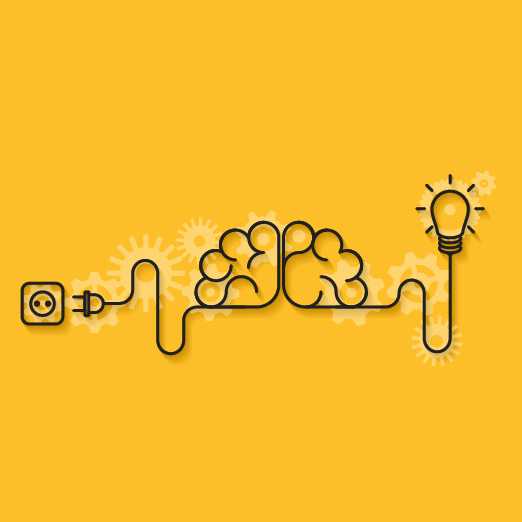Talent from a young age

Iman Saleh Matar - Author and Specialist in Educational Planning
Talent
25
Every building has a foundation, and every foundation has pillars. One of the pillars of building societies is the family. Once it was built consciously to raise the young, it produced generations of thinkers with whom our country grows into a civilized nation full of innovations .
This journey of innovation may begin at an early age without us realizing it. One of your children may be talented despite his young age, and so may you, the teacher .
Since the third decade of the twentieth century, gifted psychologists have begun to track the development of the movement to educate gifted and talented children, and this matter continues to receive great attention, especially in the field of discovering and caring for gifted children through the collection of longitudinal follow-up studies .
Among the first scientists who addressed this aspect was (Lewis Terman ) whose first book was published on "mental traits", as well as (Catherine Cox's) book entitled "The Mental Traits of Three Hundred and the Physical Traits of One Thousand Gifted Children in 1925", two books entitled "Children" and this research continued until (Lena Hollingworth ) published in 1942 "Genius" "Gifted" and "Children with IQs over 180 ".
Hence, the research movement on the education of gifted and talented children has historically witnessed enormous efforts on both the theoretical and experimental sides to define the concepts of giftedness and excellence and measure them in pre-school children, as researchers have proven patterns of behavior that distinguish gifted children from others, which have been taken as a reference framework for designing measures and tools used by those dealing with the child, enabling them to objectively assess the trait .
This makes it easy for child psychology researchers to establish and simulate the behavioural and cognitive characteristics of children in order to be able to measure them in a standardised manner that provides indicators through which we can detect a gifted child .
In the early childhood stage, studies have shown that there is a percentage of gifted children whose talents leaked out without growing and developing among middle and poor class children who lost them at an early age .
Although there are tests that we can use to detect gifted children, such as the Biniyat Intelligence Test, which was developed to detect children with low mental ability in order to isolate them and organize special educational programs for them, it is the same test that Terman developed and was transferred to many countries to occupy the first place among methods of detecting gifted and superior children in order to enroll them in special programs .
The statement of His Highness the Crown Prince Mohammed bin Salman, “Our goal will be for every Saudi child, wherever he is, to have access to good education opportunities, according to various options, and our focus will be more on early education,” makes us realize that children are a very important national wealth that cannot be squandered or neglected. It is necessary to provide all appropriate educational opportunities that help the child reach his maximum potential, ensuring equal opportunities for children in all segments of society and protecting the balanced growth of the gifted child and preserving him from the disappearance of his talent due to economic or social circumstances, and providing assistance to him and his family through the following :
* Providing educational and guidance programs for families (the King Abdulaziz and His Companions Foundation for Giftedness and Creativity also provided training courses for families to educate them on methods of identifying gifted children, as well as providing scientific publications that serve the gifted child, methods of education, and teaching models that contribute to his development ) .
* Caring for the gifted child by providing educational skill programs classified in a standardized scientific manner linked to intelligence tests that measure the child’s progress and development in the early childhood stage in schools while applying educational skills .
* Benefit from scientific research and studies based on the application of methods for identifying gifted children in early childhood in Arab and foreign countries, and work on their recommendations, prepare the child for creativity and excellence, and maintain his development in the field in which he excels .
Hence, I commend the vision of (Mawhiba) to empower talent and creativity as the main tributary for the prosperity of humanity through nurturing talent. If it starts at an early stage by discovering them, providing a stimulating environment for them, and enhancing the passion to build them, it will contribute to increasing the number of future leaders for creativity and innovation, as King Abdullah , may God bless his soul, said (Talent without care is like a small plant without care or watering. Religion does not accept, and reason does not accept that we neglect or ignore it .)
Did you benefit from the information provided on this page?
visitors liked this page
